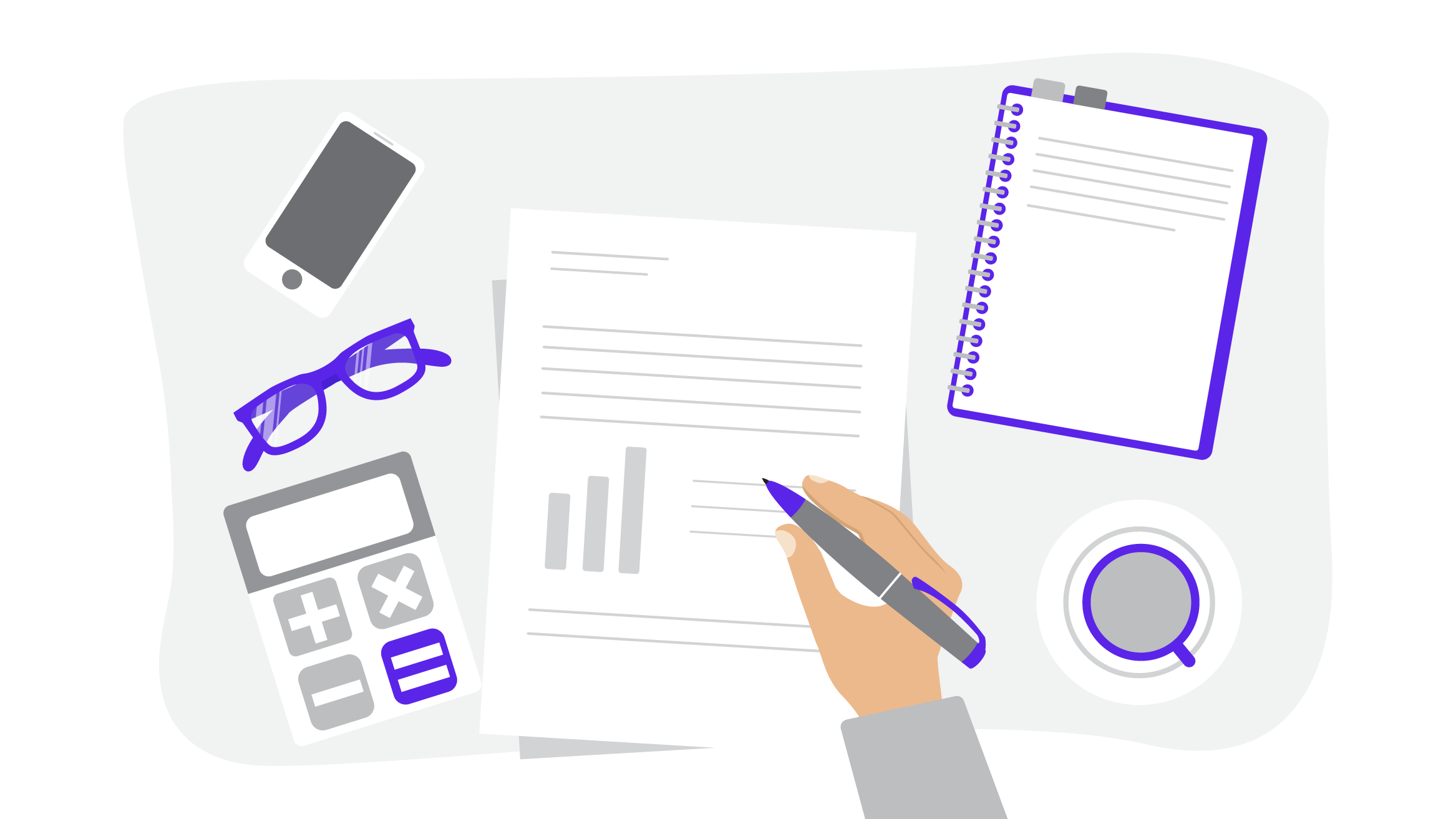Paying Down Debts

Though the last two years have brought financial challenges for many Americans, one positive outcome has been the increased attention consumers are paying to their financial plans. Due to the instability of incomes and the shifting economic environment, many people have been compelled to change some financial habits, analyze and reduce spending, make budgets, and create long-term plans. Recent data shows that, in spite of economic challenges, many Americans feel their financial discipline actually improved in 2020 and 2021; the pandemic has been instrumental in prompting most of us to make smart changes in our financial habits. One of the most helpful financial strategies to adopt now is paying down outstanding debts.
Pay Off Your Credit Card Balance
Credit card debt is the most common kind of debt Americans carry. Almost half of American families have credit card debt. The interest rates for credit cards are often much higher those for other types of loans, and making only the minimum payment virtually guarantees that your debt will linger for years. Having a large credit card debt can hurt your credit score and disqualify you from the lowest interest rates on other loans you apply for, such as home and auto.
To pay down debts, a borrower should pay more than the monthly minimum. Pay as much as possible to reduce the interest payments in subsequent months. If the interest rate is particularly high, look for a card with a low introductory rate that allows you to transfer your balance. As long as the transfer fee does not cancel out the savings, you could drastically reduce the amount of money spent overall. Try to pay as much of the debt as possible during those introductory months before the rate jumps up.
Pay Your Auto Loan in Less Time
While auto loans typically carry lower interest rates than credit cards, they can still be high. The interest rate you are offered is tied to your credit score, so having large debts elsewhere can reduce the amount you can borrow while also exempting you from best-rate loans. Your payment history, detailed in your credit report, is one of the most important factors in gauging your reliability as a borrower, so making full, timely payments is paramount.
You can tackle your auto loan faster by paying a little extra each month or by sending one or two additional check payments each year. A few dollars each month or a few extra payments over a couple of years may not have a huge financial impact on you at the time but it can save your hundreds in interest and cut months off your repayment plan.
Refinance
If you’re a homeowner, your mortgage is likely the biggest and most complicated debt you carry. Your mortgage payment may be your biggest monthly commitment, but the good news is that, unlike other things you’ve purchased on credit, your home is expected to appreciate in value. Even if you think you have a good interest rate on your mortgage, it is financially wise to keep up with the changing rates. Home mortgage and refinance rates are low right now, creating a very favorable environment for refinancing. While average mortgage rates have risen slightly over the last two months, they are still at historic lows.
Before you refinance you must always weigh the cost of taking out a new loan—and lender fees can vary widely—against the money saved. Unless you purchased your home within the last year, chances are that your mortgage interest rate is higher than what is being offered today. It doesn’t hurt to contact your lender to see what the rate is today and to compare that to other loan products on the market. You can also inquire about a cash-out refinance if you have other high-interest debts that you want to pay down. With the historically low refinance rates, you may be able to cash out enough money to pay off credit cards and still lower your monthly mortgage payment.
Use Reliable Services to Ensure Timely Payments
Outstanding debts can increase substantially when minimum payments are not made on time. Late fees add up quickly and put borrowers even further away from financial freedom. Getting out of debt requires that you pay your bills on time, each time—not only so that you don’t add to your debts with penalty fees but also so that you can establish a superior credit history with current and future lenders and investors. Checkeeper allows you to create personal checks directly from your computer to print on demand, or, if preferred, Checkeeper will mail your checks for you. If your payment due date is fast approaching, Checkeeper can have your check in the mail that day, helping you avoid late charges. You can keep track of every check you write and reconcile your records later with your budget so that you stay organized and current with all your bills. You can also rely on a high level of security and encryption that meets national banking standards.
Getting your debts organized now, consolidating them, lowering interest rates, and paying every bill on time will lead to greater financial security later.